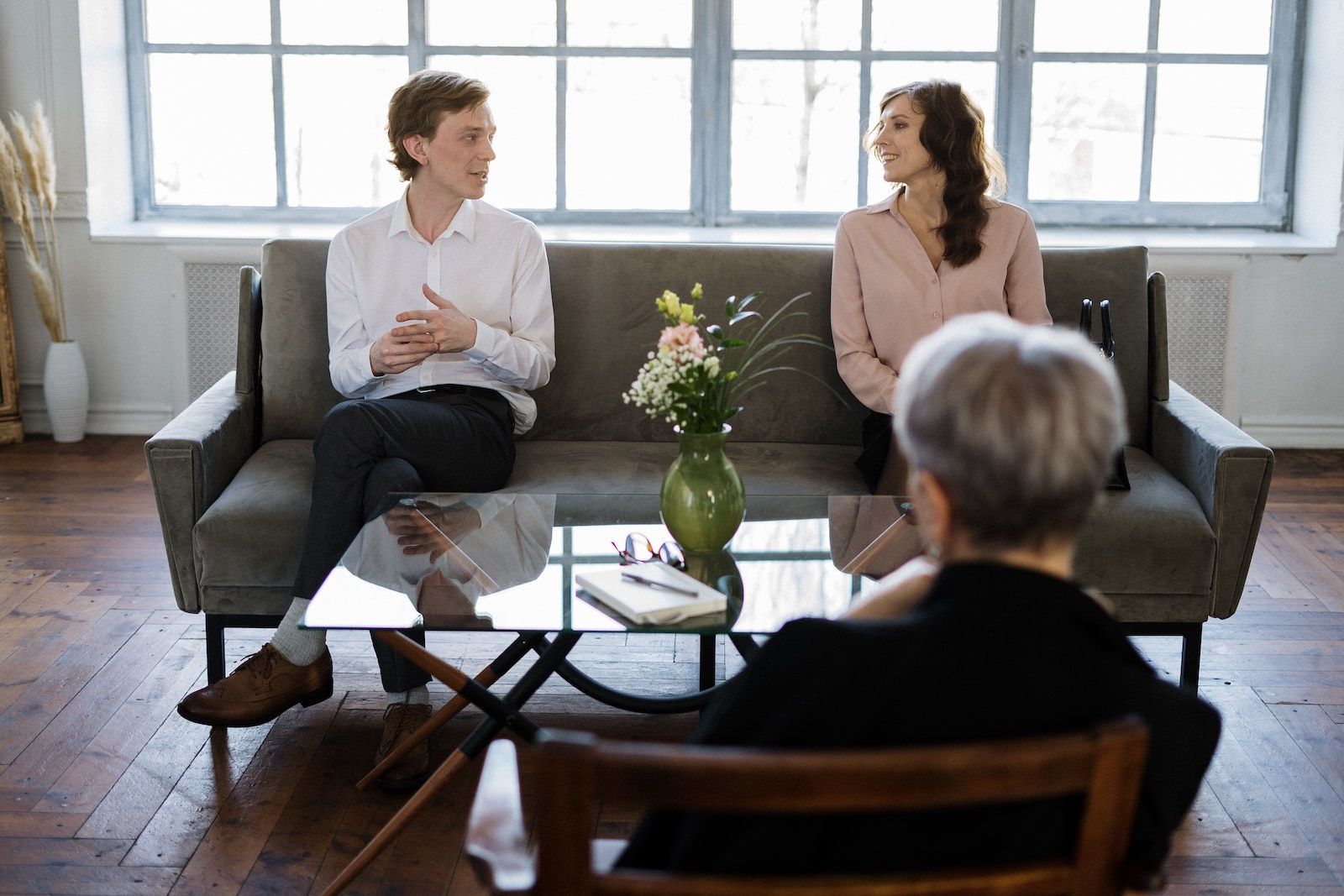Top 10 Qualities to Look for in a Couples Therapist
Choosing the right couples therapist is crucial for the success of your therapy sessions. A good therapist can help you and your partner navigate complex issues, improve communication, and strengthen your relationship. Here are the top 10 qualities to look for in a couples therapist to ensure you receive the best support possible.
1. Professional Credentials and Experience
Importance of Credentials
A reputable couples therapist should have the necessary qualifications and certifications. Look for professionals who are licensed marriage and family therapists (LMFT), licensed professional counselors (LPC), or psychologists with specific training in couples therapy. Membership in professional organizations such as the American Association for Marriage and Family Therapy (AAMFT) is also a positive indicator.
Experience Matters
Experience in couples therapy is critical. A therapist who has worked with numerous couples over the years is likely to have encountered a wide range of issues and developed effective strategies to address them.
2. Specialized Training
Understanding Various Approaches
Couples therapy can involve different methodologies, including Emotionally Focused Therapy (EFT), Cognitive Behavioral Therapy (CBT), the Gottman Method, and others. A therapist with specialized training in one or more of these approaches can offer tailored techniques that may be more effective for your specific situation.
3. Empathy and Compassion
Building Trust
Empathy and compassion are essential qualities in a therapist. You need to feel that your therapist genuinely understands and cares about your concerns. This helps build trust and makes you more comfortable sharing personal and sensitive information.
Creating a Safe Space
A compassionate therapist creates a safe and non-judgmental space where both partners feel heard and respected. This environment is crucial for productive and open communication.
4. Strong Communication Skills
Clarity and Understanding
Effective communication is vital for therapy. A good therapist can clearly explain concepts, therapeutic techniques, and the goals of each session. They should also be skilled in listening actively and ensuring both partners feel understood.
Managing Sessions
A therapist with strong communication skills can manage sessions effectively, ensuring that both partners have equal opportunities to speak and that discussions remain focused on productive outcomes.
5. Neutrality and Objectivity
Avoiding Bias
A key quality of a good couples therapist is the ability to remain neutral and objective. The therapist should not take sides or show favoritism. This neutrality helps in addressing issues fairly and developing solutions that benefit both partners.
Facilitating Fair Discussions
By staying neutral, the therapist can facilitate balanced discussions, ensuring that each partner’s perspective is considered and valued.
6. Problem-Solving Skills
Identifying Core Issues
A competent couples therapist is skilled in identifying the root causes of relationship problems. They should be able to pinpoint underlying issues that may not be immediately apparent to the couple.
Developing Strategies
Once the core issues are identified, the therapist should help develop practical strategies and solutions. This includes setting realistic goals and providing actionable steps to achieve them.
7. Flexibility and Adaptability
Tailoring the Approach
Each couple is unique, and a one-size-fits-all approach to therapy is unlikely to be effective. A good therapist is flexible and can adapt their methods to suit the specific needs and dynamics of your relationship.
Handling Unexpected Situations
Flexibility also means being able to handle unexpected situations and changes in the couple’s circumstances, adjusting the therapy plan as needed.
8. Patience and Perseverance
Encouraging Progress
Relationship issues often take time to resolve, and progress can be slow. A patient therapist understands this and remains committed to helping the couple through the entire process.
Supporting Through Challenges
Perseverance is key, especially during challenging times. A good therapist provides continuous support and encouragement, helping the couple stay motivated and focused on their goals.
9. Strong Ethical Standards
Maintaining Confidentiality
Therapists must adhere to strict ethical standards, including maintaining confidentiality. This ensures that anything shared during sessions remains private, fostering a sense of security and trust.
Professional Conduct
Ethical therapists maintain professional boundaries and conduct themselves with integrity. They are transparent about their fees, policies, and the nature of the therapeutic relationship.
10. Positive Reputation and Reviews
Word of Mouth
Recommendations from friends, family, or healthcare providers can be valuable in finding a reputable therapist. Personal experiences can give insights into the therapist’s effectiveness and approach.
Online Reviews
Online reviews and testimonials can also provide useful information. Look for consistent positive feedback about the therapist’s skills, demeanor, and success in helping couples improve their relationships.
Conclusion
Choosing the right couples therapist involves considering various qualities that contribute to effective therapy. By prioritizing professional credentials, specialized training, empathy, communication skills, neutrality, problem-solving abilities, flexibility, patience, ethical standards, and a positive reputation, you can find a therapist who will support you and your partner in achieving a healthier, more fulfilling relationship.


